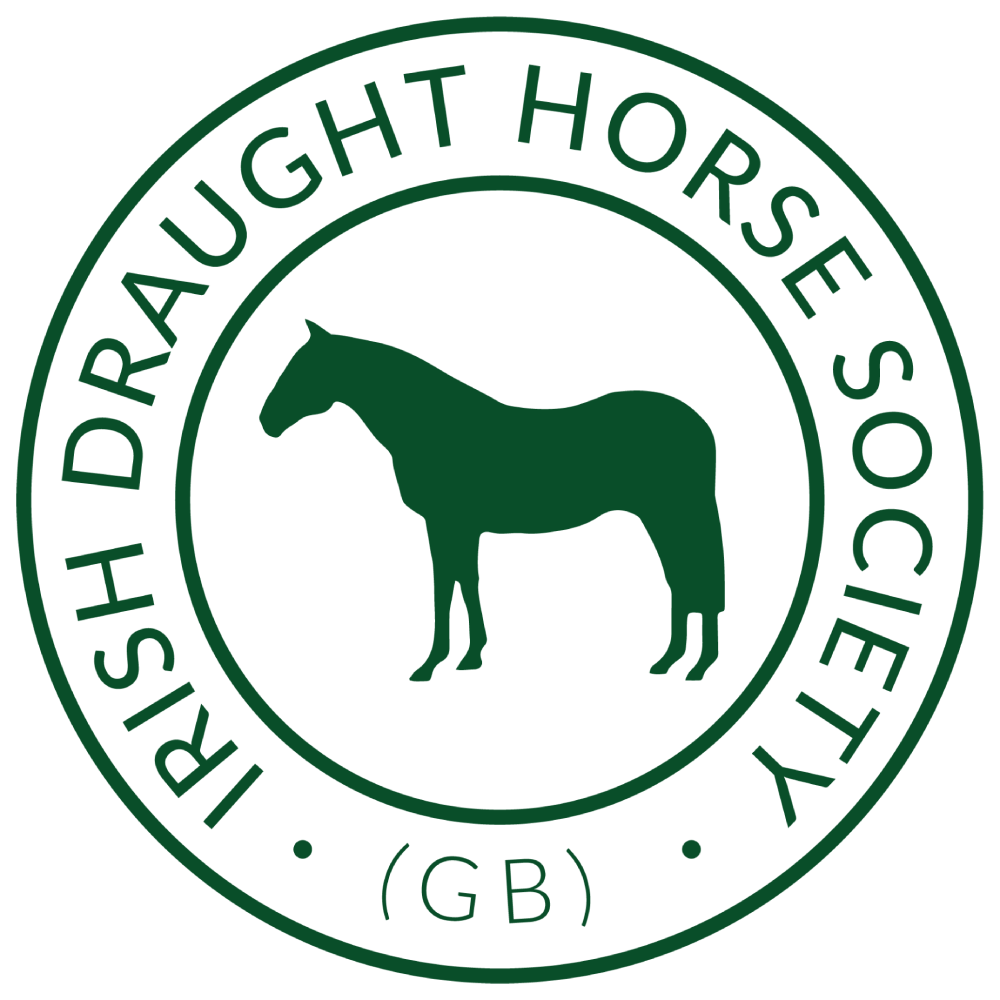The Society operates an anti-discrimination and anti-bullying policy. This is a combined policy because the two types of behaviour often occur within the same incident.
We will not tolerate behaviour which discriminates against people (whether they are members or not) on any of the grounds covered by the Equality Act 2010 (please see below), nor will we tolerate any bullying behaviour.
If anyone has concerns about possible discrimination or bullying, they should contact one of the Officers of the Society. To do so, you must either be the alleged victim of bullying or harassment yourself, or the parent or legal guardian of a young person under the age of 18 years who is an alleged victim.
Please be prepared to present evidence of your concerns if this is available, for example, emails, texts or online content.
The Society is anti-discrimination, as defined by the Equality Act 2010
You are legally protected from discrimination by the Equality Act 2010. This means that it is against the law in Great Britain to discriminate against any person on any of these grounds:
- age
- gender reassignment
- being married or in a civil partnership
- being pregnant or on maternity leave
- disability
- race including colour, nationality, ethnic or national origin
- religion or belief
- sex
- sexual orientation
You are protected from discrimination:
- at work
- in education
- as a consumer
- when using public services
- when buying or renting property
- as a member or guest of a private club or association
https://www.gov.uk/discrimination-your-rights
The Society is anti-bullying. Bullying can include:
- physical bullying: hitting, slapping or pushing someone
- verbal bullying: name calling, gossiping or threatening someone
- non-verbal abuse: hand signs or text messages
- emotional abuse: threatening, intimidating or humiliating someone
- exclusion: ignoring or isolating someone
- undermining, constant criticism or spreading rumours
- controlling or manipulating someone
- making silent, hoax or abusive calls
The following types of bullying are also hate crime:
- racial, sexual, transphobic or homophobic bullying
- bullying someone because they have a disability
Cyberbullying can include:
- sending threatening or abusive text messages
- creating and sharing embarrassing images or videos
- trolling – the sending of menacing or upsetting messages on social networks and chat rooms
- shaming someone online
- setting up hate sites or groups about a particular person or group of people
- encouraging adults or children to self-harm
- voting for or against someone in an abusive poll
- creating fake accounts, hijacking or stealing online identities to embarrass a person or cause trouble using their name
- sending sexually explicit messages, also known as sexting
- pressuring people into sending sexual images or engaging in sexual conversations.
We also do not tolerate bullying or hate speech, either in person, in written communications or online. Bullying someone because of their gender, gender identity, sexuality, religious beliefs, race, skin colour or because they have a disability, is hate crime and against the law.
If a member is the victim of discrimination or bullying:
The Society will take any alleged incidents of discrimination or bullying very seriously. Members who have been targeted in this way will be supported. They may, in certain circumstances, be supported to raise hate crimes and any other matters that may constitute criminal offences with the police.
If a member, after investigation, is found to be responsible for incidents of discrimination or bullying:
The member will be deemed to be breaking the rules of the Society and may face further action under Clause 7 (4) of the Society’s Articles of Association.
Trustees found to be responsible for incidents of discrimination or bullying will be subject to disciplinary action. Offenders could potentially be removed from the Council, under Clause 30 (6) of the Articles of Association.
Policy updated and approved by the Council on:
